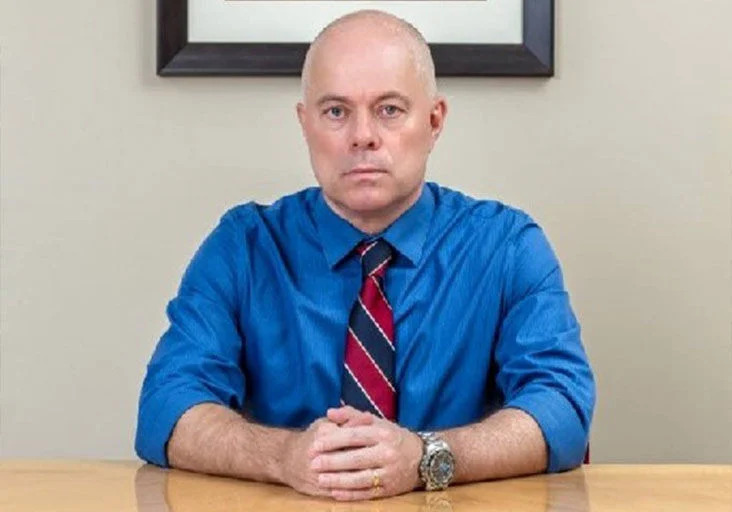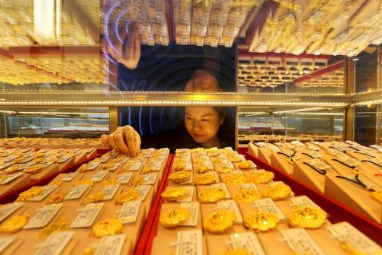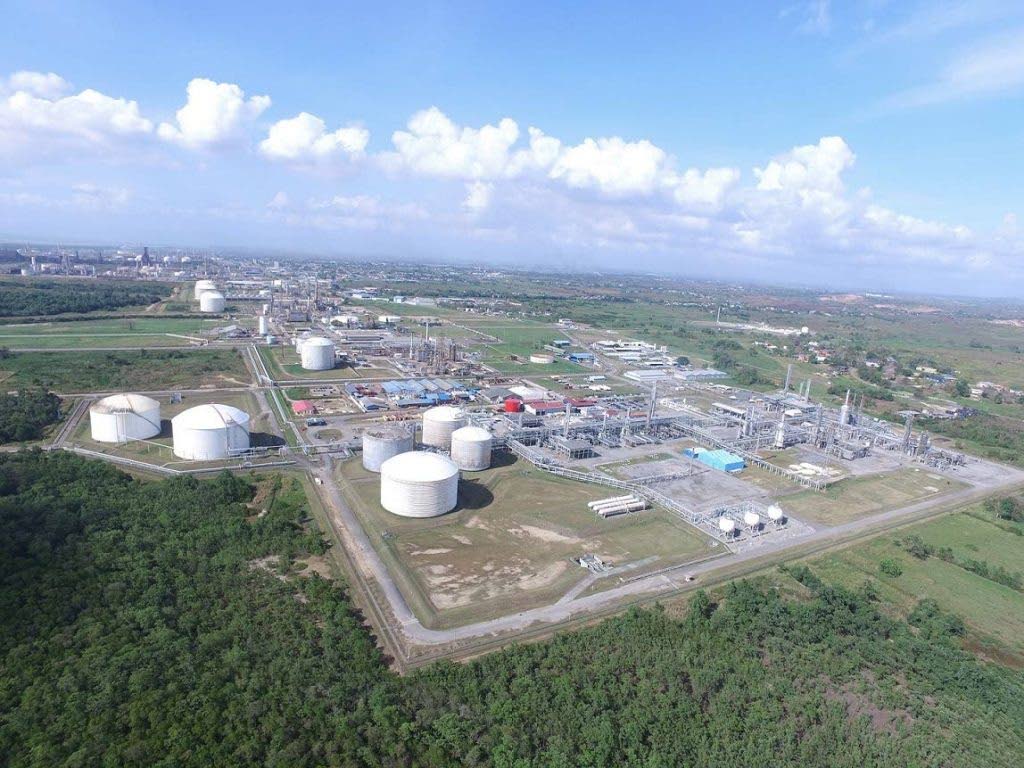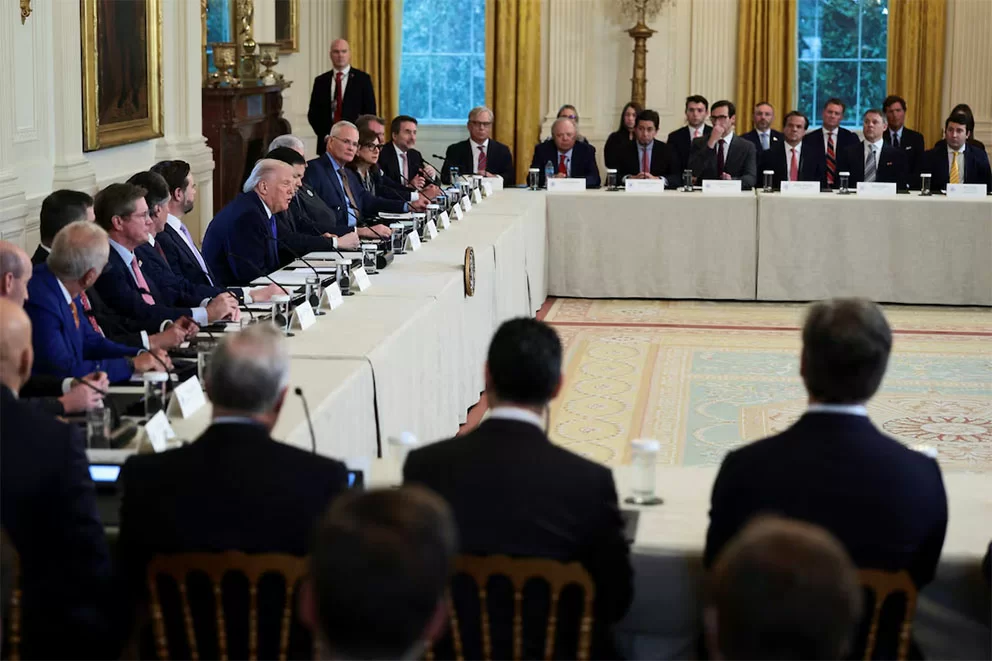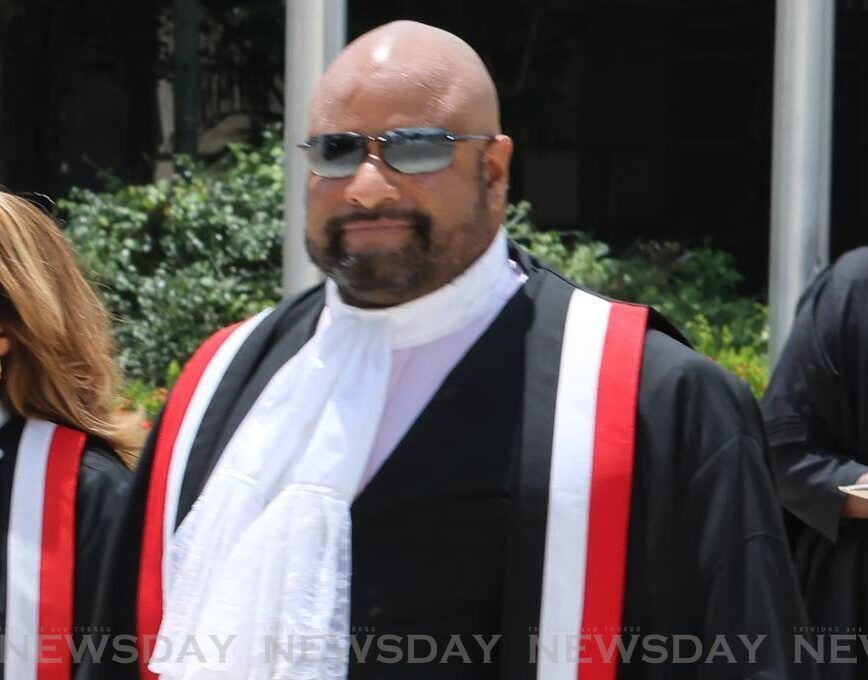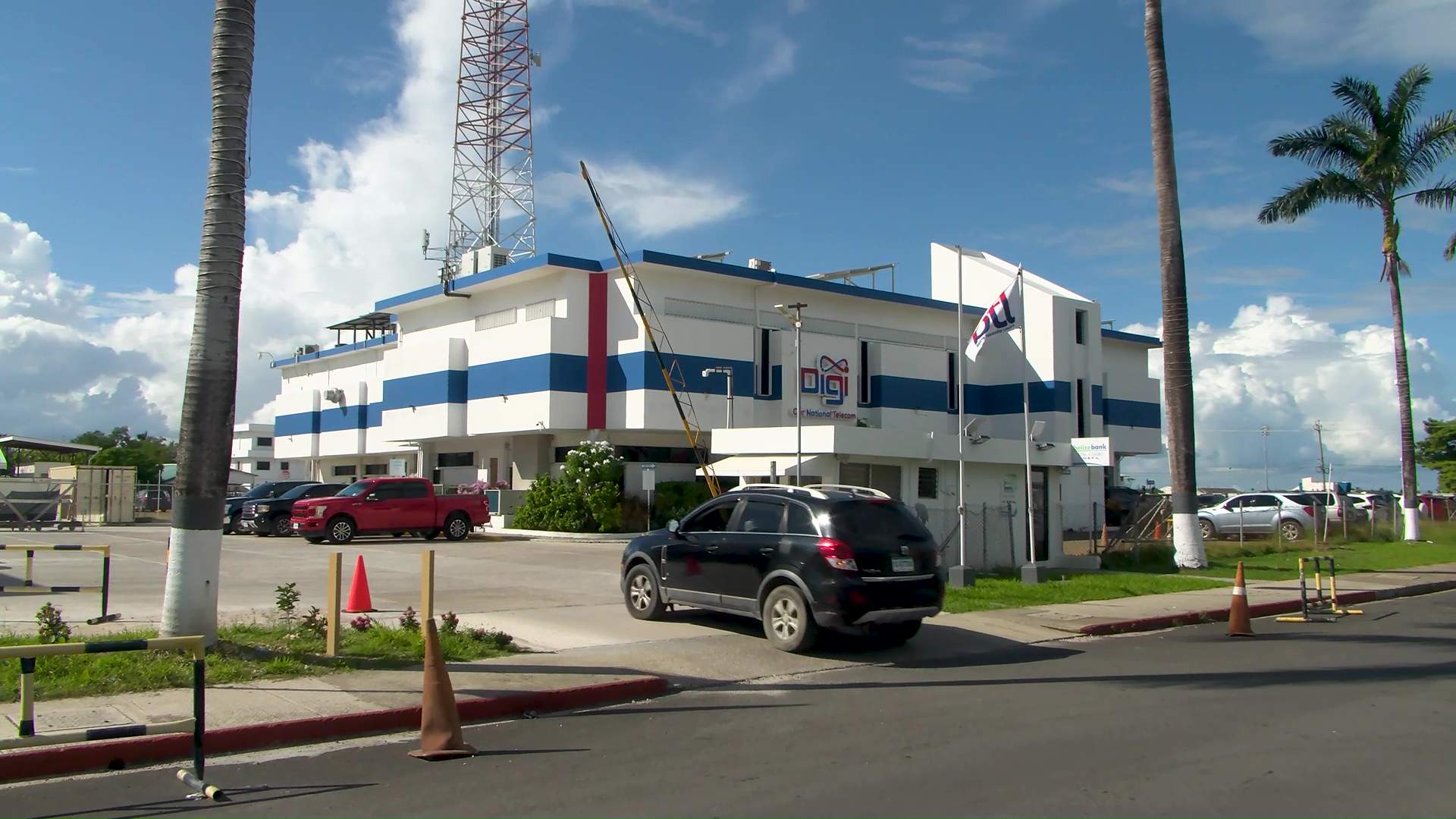Carnival Cruise Line has launched a new premium tourism product targeting mature travelers with its inaugural adults-only SEA (Sailings Exclusively for Adults) voyage. The Carnival Conquest departed Miami on January 5 with over 2,700 passengers aboard for a specialized twelve-day Southern and Eastern Caribbean itinerary exclusively for guests aged 21 and above.
The innovative cruise concept represents a strategic shift for Carnival, traditionally known for family-friendly vacations, now targeting the lucrative casino enthusiast market. Accessible only through invitations from the Carnival Players Club loyalty program, these sailings feature expanded gaming facilities including additional blackjack tables and seventy-five slot machines positioned on the Promenade deck.
The curated itinerary combines high-stakes entertainment with sophisticated port experiences across five Caribbean destinations. Passengers are exploring Saint Lucia’s iconic Pitons mountains, Barbados’ pristine beaches, Martinique’s renowned rum distilleries, St Maarten’s duty-free shopping districts, and St Thomas’ exceptional snorkeling sites.
Onboard amenities include themed parties, bingo tournaments, and adults-only poolside gatherings designed to create a romantic tourism atmosphere. The extended voyage allows for deeper cultural immersion while providing substantial gambling opportunities unavailable on traditional family cruises.
A subsequent thirteen-night SEA voyage is scheduled to depart from Miami on January 17, expanding the itinerary to include Bonaire’s marine parks and Aruba’s famous Eagle Beach. This longer journey enables passengers to experience catamaran sailing in Barbados and casino hopping in Aruba alongside the enhanced onboard gaming experience.
The strategic focus on Southern Caribbean routes diversifies Miami’s cruise departure offerings while providing economic benefits to lesser-visited ports. The program strengthens island partnerships through dual port visits, increasing revenue from shore excursions including catamaran tours, zip-lining adventures in Saint Lucia, and visits to Harrison’s Cave in Barbados.


